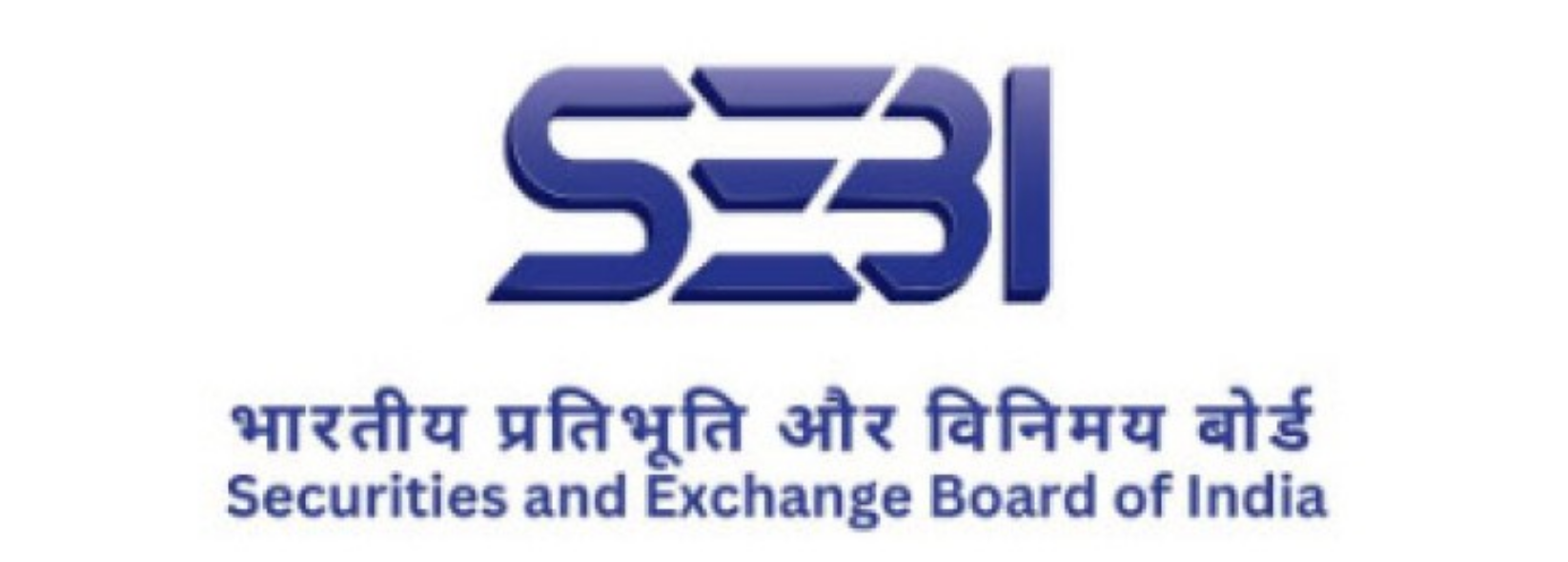Securities and Exchange Board of India (SEBI)

In this article, Nithisha CHALLA (ESSEC Business School, Grande Ecole – Master in Management (MiM), 2021-2024) presents the Securities and Exchange Board of India (SEBI) which is empowering markets and ensuring integrity.
Introduction to SEBI
The Securities and Exchange Board of India (SEBI) serves as a regulator over the country’s financial markets and has a significant impact on how the economy of the country is shaped. Established in 1988, SEBI’s regulatory authority is responsible for a broad range of activities, including promoting open and honest market processes and protecting investors’ rights and interests. Protecting investors’ rights and interests is SEBI’s main goal. Market manipulation, insider trading, and other fraudulent activities are also in the scope of the regulatory authority. Investors receive reliable and timely information to help them make informed decisions thanks to SEBI’s strict standards and requirements for listed companies on Indian exchanges. This emphasis on openness and disclosure encourages investor trust, which increases market activity.
Logo of Securities and Exchange Board of India.

Source: SEBI.
Market development and innovation
The purpose of SEBI goes beyond simple regulation; it also actively promotes market expansion and innovation. SEBI has broadened the investment options available to both institutional and individual investors by introducing mutual funds, derivatives, and alternative investment vehicles. These cutting-edge financial products have expanded the investment landscape and drawn institutional investors from abroad, helping India integrate into the world financial markets.
A barrier to malpractices is SEBI’s effective market surveillance systems. To identify and stop market manipulation, SEBI uses an integrated surveillance system to track trade patterns, price changes, and unusual activity. Its ability to punish offenders shows how committed it is to upholding market integrity.
Global Integration and Investor Confidence
Market-friendly policies and international acclaim have been won by SEBI’s regulatory initiatives. Increased foreign direct investment, portfolio investment, and institutional investor activity in Indian markets are the results of this. India’s reputation as a desirable investment location is greatly influenced by SEBI’s role in establishing a favorable investment climate.
While SEBI’s achievements are noteworthy, it faces challenges such as the rapid pace of technological advancements, ensuring effective implementation of regulations, and maintaining a balance between innovation and investor protection. Moreover, as the financial markets evolve, SEBI’s role in regulating emerging areas like cryptocurrencies and digital assets becomes increasingly critical.
Conclusion
The distinctiveness of SEBI rests not only in its ability to regulate, but also in its innovative projects that go beyond conventional regulatory functions. The SEBI stands as a testament to India’s regulatory foresight, from empowering investors through cutting-edge processes to stimulating innovation while safeguarding investor protection. Its dedication to sustainability, education, and technology-driven surveillance distinguishes it as a regulatory pathfinder that keeps up with changes in the financial world.
Why should I be interested in this post?
For a Master in Management student like me, delving into SEBI’s operations provides a real-world context to the theories we study. Understanding SEBI’s unique initiatives, such as the Regulatory Sandbox (a framework that allows businesses, especially in the financial technology sector, to test innovative products, services, business models in a controlled environment) and its emphasis on sustainability, offers insights into modern regulatory challenges and innovative solutions. Exploring SEBI’s role in investor protection and market integrity enhances my grasp of ethical governance and responsible business practices. SEBI’s dynamic approach aligns with the multidisciplinary nature of my studies, allowing me to connect theoretical knowledge with practical implications in the financial world.
Related posts on the SimTrade blog
▶ All posts about financial techniques
▶ Akshit GUPTA Securities and Exchange Commission (SEC)
▶ Akshit GUPTA Autorité des Marchés Financiers (AMF)
Useful resources
SEBI What’s new in SEBI?
About the author
The article was written in January 2024 by Nithisha CHALLA (ESSEC Business School, Grande Ecole – Master in Management, 2021-2024).

1 thought on “Securities and Exchange Board of India (SEBI)”
Comments are closed.